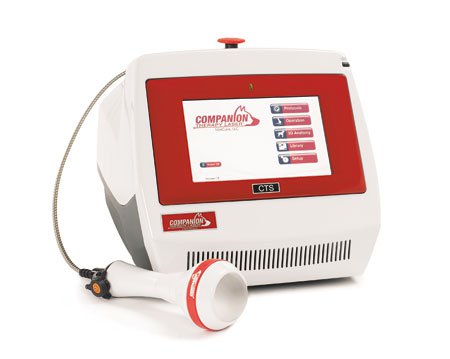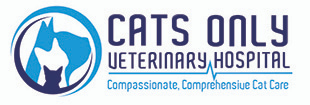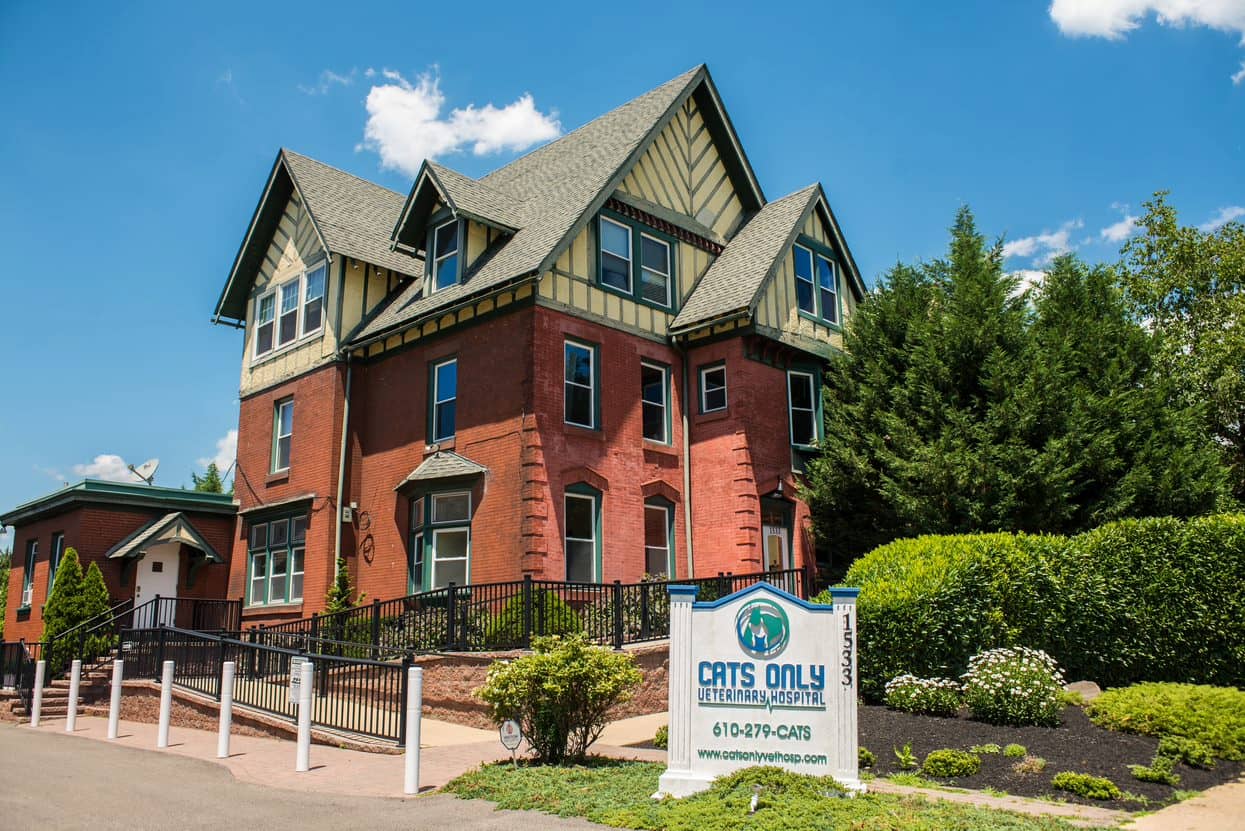Laser Surgery

At Cats Only Veterinary Hospital, all of our routine surgeries (spay, neuter, declaw) and advanced surgical procedures utilize the benefits of a CO2 Laser. The results are truly remarkable.
Cats Only is very aggressive with pain management & we control pain in 4 ways:
- A 24-hour anti-inflammatory medication
- A 24-hour morphine-like pain injection
- CO2 surgical laser (no scalpel)
- Class IV Laser Therapy post-op treatment


CO2 Laser Neuter
This out-patient procedure involves the surgical removal of both testicles under general anesthesia. All patients go home the same day with written discharge instructions and once a day pain medication for 2 days.
CO2 Laser Spay
This out-patient procedure involves the surgical removal of the uterus and ovaries under general anesthesia. Our patients having this procedure performed have an IV catheter placed prior to surgery, IV fluids administered during the procedure and will be monitored as described below. All patients go home the same day with written discharge instructions and once a day pain medication for 2 days.
CO2 Laser Declaw
This procedure involves the surgical removal of the nail and attached bone under general anesthesia of all digits on the front limbs. A laser declaw is truly the best way to perform this procedure. Our patients having this procedure performed have an IV catheter placed prior to surgery, IV fluids administered during the procedure and will be monitored as described below. The toes are not bandaged, tourniquets are not used, and an extended hospital stay is not required as they are when using the traditional scalpel. All patients stay over one night and go home the next day with written discharge instructions and once a day pain medication for 2 days. More aggressive pain management is used for adult cats.
The benefits of using a CO2 laser during surgery
far exceed those of the traditional scalpel.
To decrease the risks of general anesthesia, our hospital requires a comprehensive physical examination and pre-anesthetic screening (blood & urine tests) within one month of the procedure for patients over a year of age. These pre-surgical requirements are to give us a more complete picture of your cat’s health, to gain as much information as possible prior to anesthesia, identify potential underlying medical conditions that may pose problems with anesthesia, and to tailor an anesthetic protocol specifically to your individual cat.
Each of our surgical patients will have pre-medications administered to (1) relax your cat prior to the procedure and (2) reduce the amount of anesthesia required. Anesthesia is typically induced with propofol, a very safe and fast acting medication, and maintained with gas anesthesia after intubation. Each patient will have an intravenous (IV) catheter, fluids administered during the surgery, and be monitored throughout the procedure with these parameters: (1) blood oxygen levels, (2) blood carbon dioxide levels, (3) blood pressure, (4) EKG, (5) heart rate, (6) respiratory rate and (7) temperature.
Additional Surgical Services
In addition to the above surgical services, our hospital is also equipped to perform some more advanced surgical procedures. Some examples of common surgeries performed at Cats Only include, but are not limited to:
- Biopsy
- Abscess Repair
- Laceration / Wound Repair
- Abdominal Exploratory +/- GI Biopsies
- Cystotomy (Bladder Surgery)
- Amputations
- Mass / Tumor Removals
- Feed Tube Placement
Pain management is our hospital’s highest priority and a specific pain management plan will be tailored to each cat. We strive to make our patients as comfortable as possible. Additionally, effective pain management allows our patients to heal and recover faster from a procedure. Since cats typically do not let us know when they are uncomfortable or painful, our hospital assumes our patients are experiencing discomfort or pain. Our hospital also administers pain medication before anesthesia and surgery to prevent pain. The argument that “cats can handle pain better than humans” is unacceptable. Just because cats can “handle pain,” does not mean that they should.
What can I expect at discharge? At discharge, you will receive written, detailed discharge instructions that outlines the post-operative homecare. We will discuss these instructions with you, discuss any medications, and answer any questions you may have. You should also expect a follow-up call within 24 hours to address any questions or concerns you may have.

